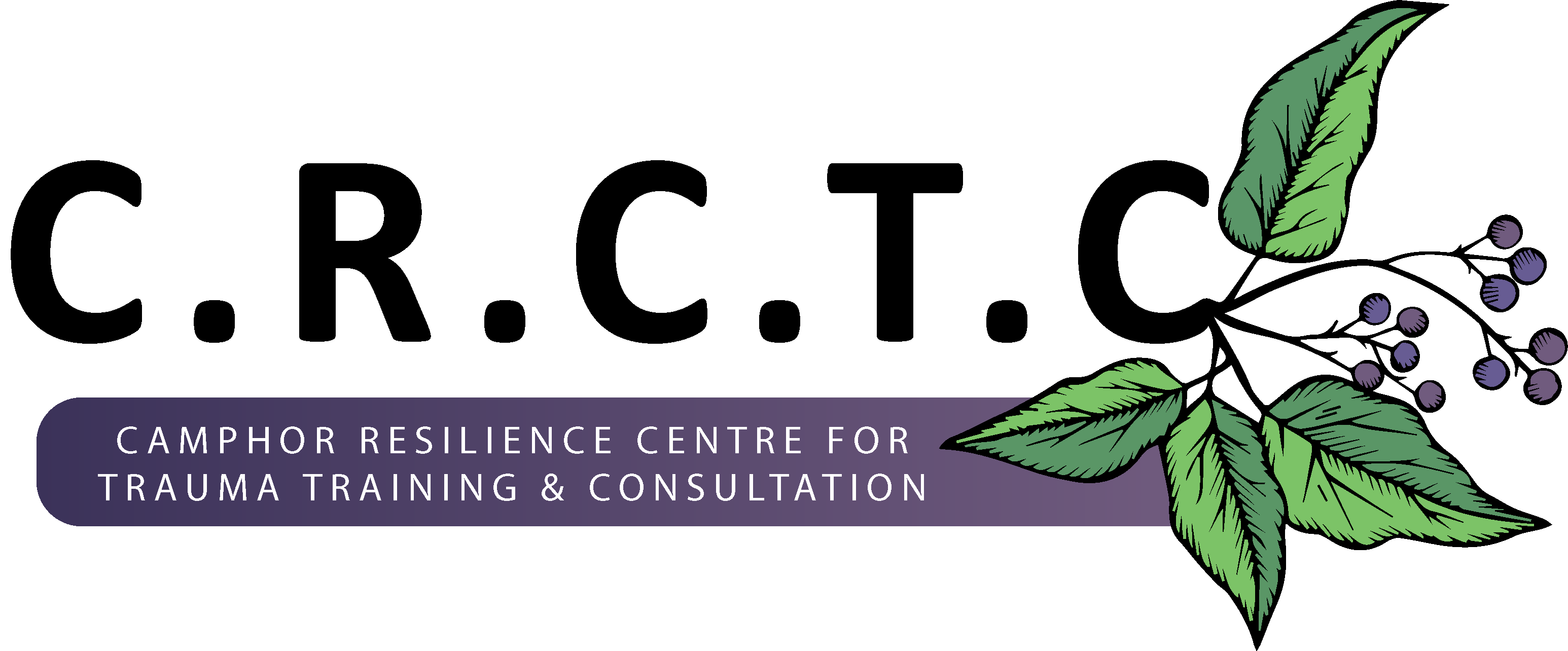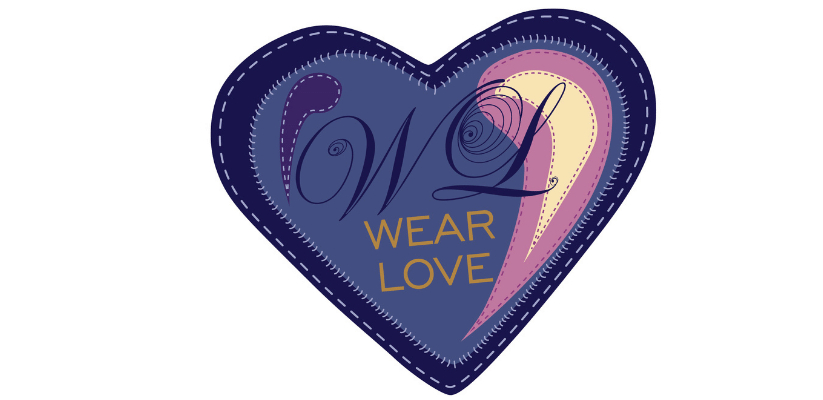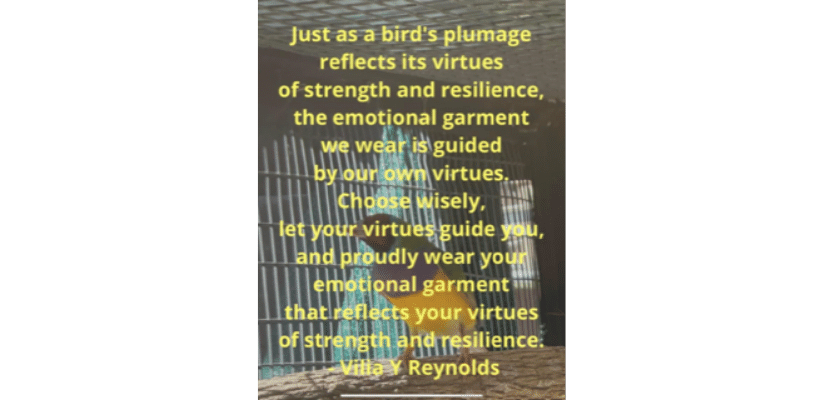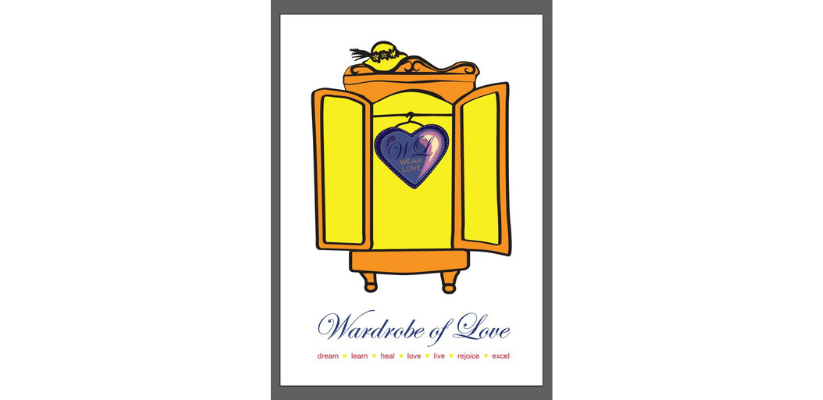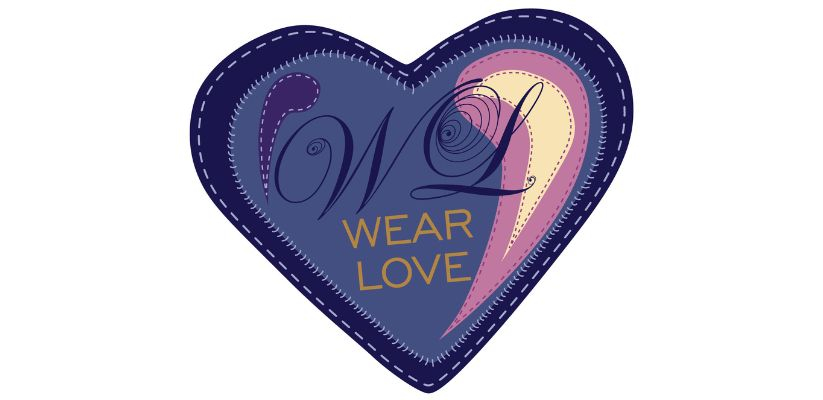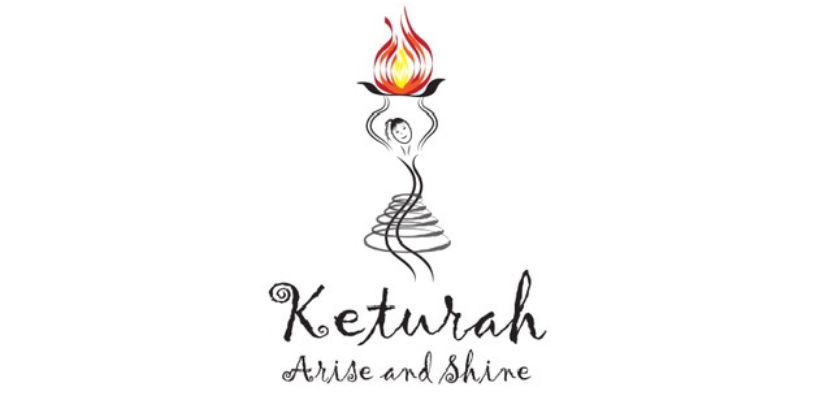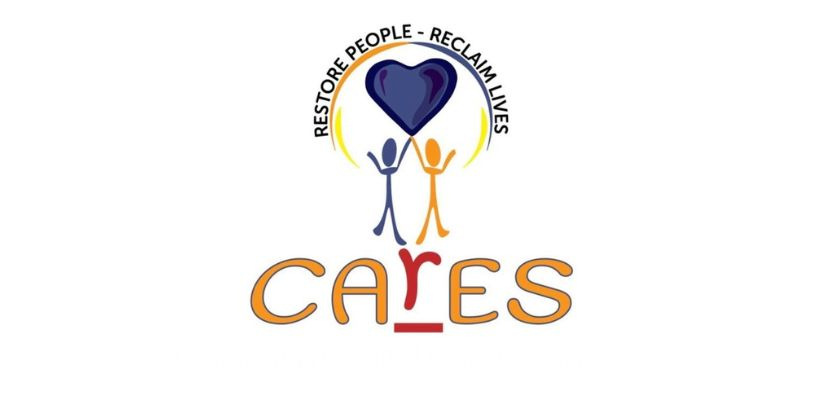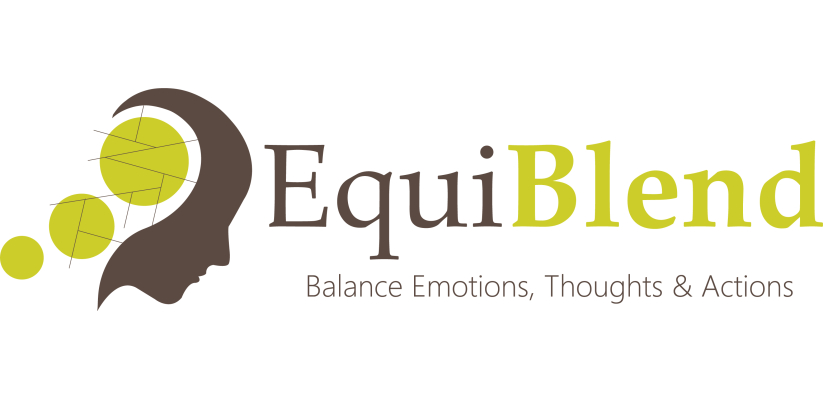The Hidden Landmines: Recognising and Confronting Trauma Triggers.
In the journey of healing, having the courage to recognise trauma triggers is the first step towards defusing the hidden landmines of our past. It's a brave act that only by confronting them can we reclaim our peace and pave the way for a brighter tomorrow. As Vilia Y Reynolds says, "The bravest thing you can do is to confront your trauma."
Hi everyone!
It's Vilia here, and today, I want to delve into a deeply personal topic that I believe is essential for many of us: trauma triggers.
Recently, I found myself in a situation that unexpectedly triggered a childhood trauma—not because of another person, but due to the environment. It took me by surprise, and while I felt caught off guard, my trauma counselling and therapy have equipped me with tools to navigate such moments. I hope that by sharing my experience, I can foster awareness and empathy around this misunderstood behavioural health aspect.
1. Defining Trauma Triggers
Trauma triggers are stimuli that can evoke powerful memories from traumatic events, eliciting emotional and physiological responses that may feel overwhelming. These triggers can exist in various forms:
- Environmental Triggers: Specific places or situations reminiscent of the trauma. For example, someone who has experienced medical trauma may feel uneasy in a hospital setting.
Social Triggers: Interactions with individuals who remind you of past experiences can also act as triggers.
2. The Ripple Effect of Recurring Triggers
When triggers recur or if overthinking kicks in, it can lead to flashbacks and possibly nightmares. This rollercoaster of memories and emotions often brings about mood swings, where feelings of defence or attack behaviour may surface. You might find yourself feeling miserable, angry, or completely numb.
Coping strategies can be beneficial but may only help to a certain point. Eventually, these mechanisms can become exhausted, leading to " drudgery." This is a state where life starts to feel incredibly exhausting, and you may find engaging with the world around you hard. It's like you're constantly fighting a battle, and it's draining your energy and joy.
The danger lies in seeking quick relief through medications, energy drinks, drugs, or alcohol to numb the discomfort. This can put you in a vicious cycle of dependency, where the short-term relief becomes a long-term challenge.
3. The Path to Recovery
Practising emotional regulation and developing healthier coping strategies is not easy. It's all too tempting to reach for a pill rather than confront difficult emotions. However, genuine recovery requires more than just temporary fixes. Trauma counselling, behavioural therapy, and life coaching are beneficial and essential for sustainable healing. Remember, it's okay to ask for help, and professionals are ready to support you on your journey to recovery.
It's crucial to acknowledge that healing is a journey, and asking for help is okay. I encourage anyone who resonates with this message to contact a professional or a support group. You are not alone; we can break the cycle together and reclaim our lives!
Let's keep this conversation going—how do you cope with triggers? Share your experiences in the comments! Your strategies might inspire someone else who's struggling. Let's build a community of support and understanding. ????✨ #MentalHealthAwareness #BehaviouralHealthAwareness #TraumaRecovery #HealingJourney #TraumaGrowth
